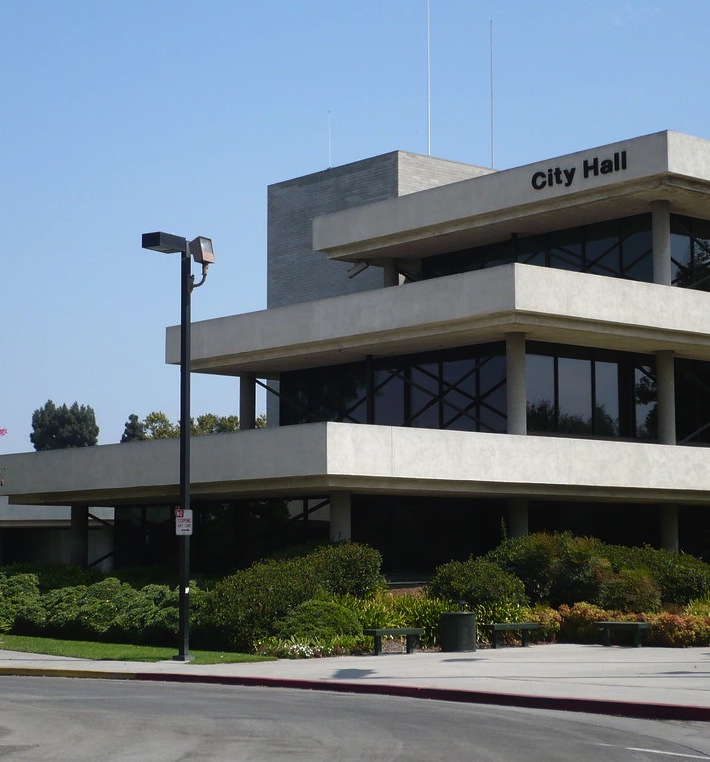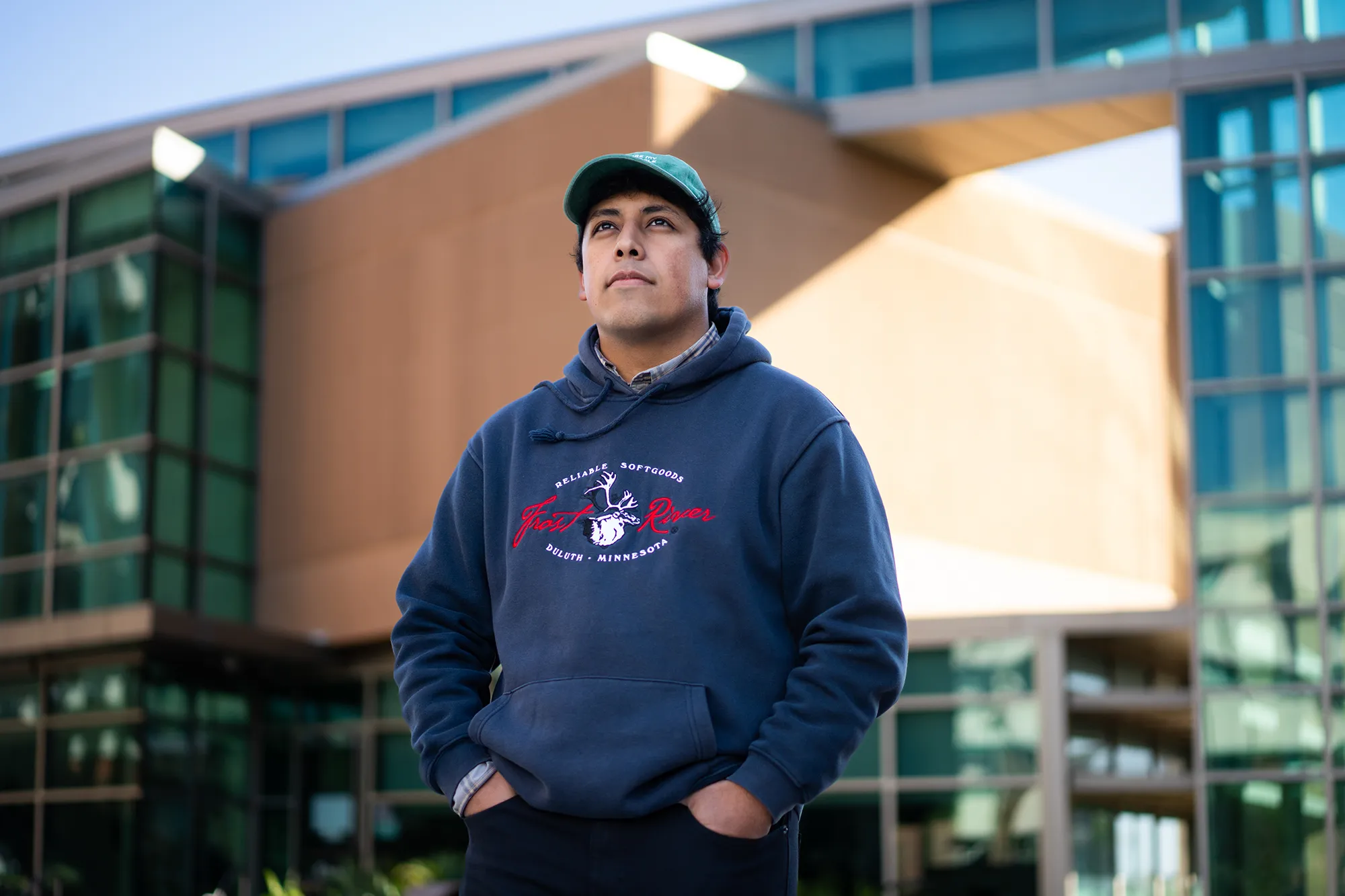By Arnold Adler
Contributing Writer
DOWNEY — The City Council is expected to give final approval March 14 to an ordinance regulating the parking of recreational vehicles and other large vehicles on public streets during daytime hours and banning any parking overnight without a special permit.
Tentative approval was given Feb. 28 on a 4-0 vote.
In a report to the City Council, Police Chief Leslie Murray and City Prosecutor James Eckart Police Chief Leslie Murray said residents have complained that RVs, motor homes and large trucks parked on their streets hinder vision when parked near driveways or intersections, take up several parking spaces along curbs and extend into the street making passage of two vehicles at a time difficult on narrow residential streets.
In cases of people living in motor homes, there is the problem of unsanitary conditions and debris, Murray and Eckart said in the report.
State law allows cities to ban parking of vehicles more than six-feet high within 100 feet of an intersection, the report said.
Under the Downey ordinance, oversized vehicles or those with a trailer hitch, are described as being seven feet of more in height, 22 feet long and seven feet wide, or any combination, Murray and Eckart said.
However, the Downey restrictions would include recreational vehicles, camping trailers, campers, fifth wheel travel trailers, mobile homes, boats, dune buggies and off-road vehicles, regardless of size.
The Downey law also limits parking near driveways and limits parking on public streets or municipal parking lots to no more than four hours between 7 a.m. and 8 p.m.
Exceptions would allow those with proof of residency to park an oversized vehicle, including one with an attached trailer, on the street in the block where they live with a temporary permit from the city, Murray and Eckart said in their report.
Property owners could be issued up to 15 permits a year. Each permit would allow street parking on their block for 72 hours. Another permit would not take effect for at least 24 hours after the previous permit expires, under the ordinance.
Those owners who have disability placards or license plates issued by the California Department of Motor Vehicles may obtain a permit for curb-side parking “for the duration of the disability but not more than 12 months,” the ordinance adds.
However, those eligible with a continuing disability may renew their permits.
Even with a permit, the vehicles cannot be parked within 100 feet of a street intersection or “in a manner which creates a dangerous traffic safety condition, such as obstructing a lane of traffic or impairing a line of vision from driveways, alleyways or streets,” the ordinance states.
“The proposed ordinance seeks to impose reasonable restrictions on the time, plans and manner in which oversized vehicles can be parked on public streets, alleys and highways within the city in order to alleviate the specific concerns that result from the parking of such vehicles on public property in the city,” Murray and Eckart said in their report.
They note that the ordinance does not affect parking oversized vehicles on private property. That is governed by zoning laws.












